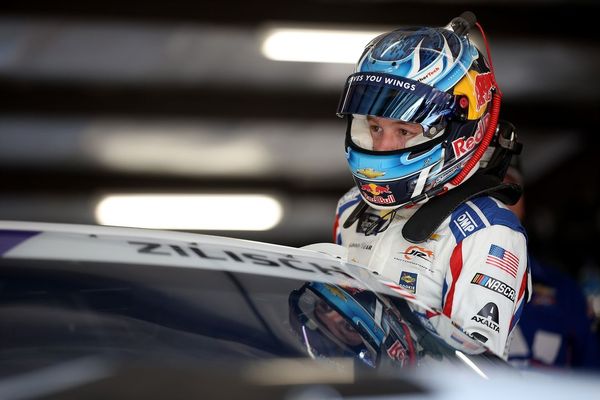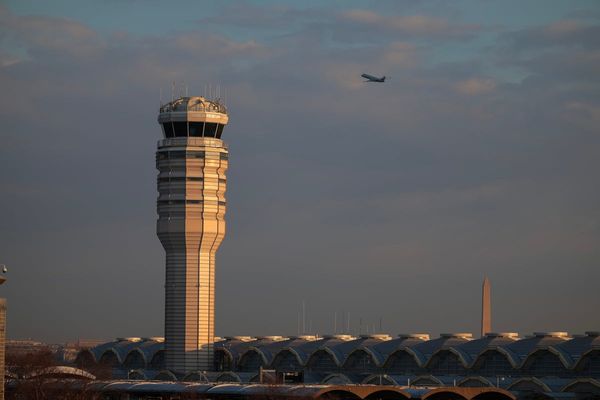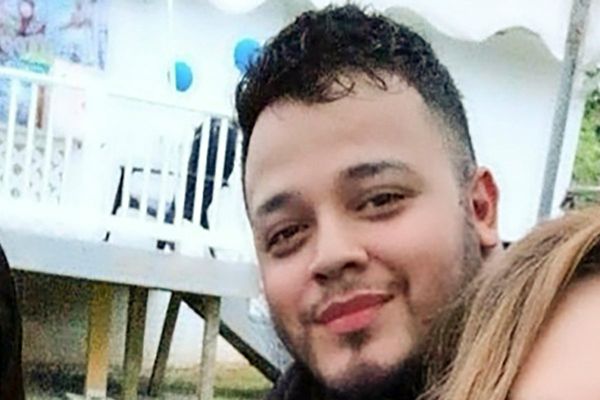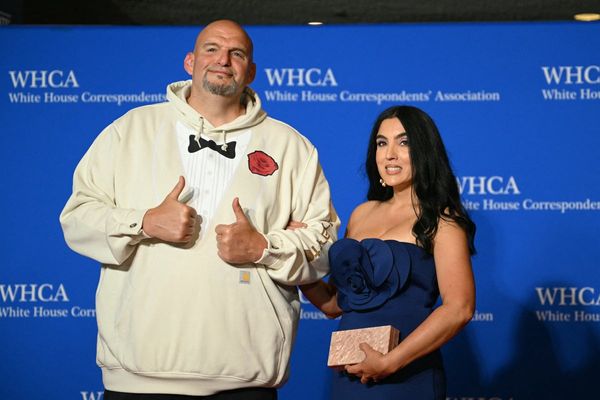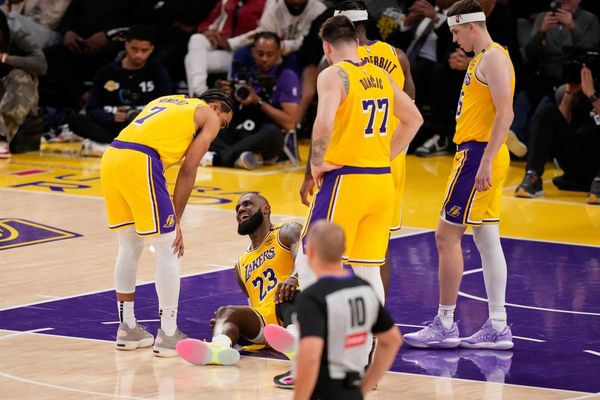
Singapore has a reputation as a rules-based society, where no one can be above the law. It’s a mantra that has been repeated time and time again, a crucial part of the country’s reputation as a place where everything is above board and done right.
These days, this image is getting a little harder to maintain, particularly with the recent Lee family feud. Over the past two weeks Prime Minister Lee Hsien Loong’s younger siblings, Lee Wei Ling and Lee Hsien Yang, have doggedly posted accusations against their big brother on their Facebook pages. They’ve alleged abuses of power, nepotism and favoritism – all claims that Singaporeans would usually hesitate to utter, lest they find themselves on the receiving end of crippling defamation suits. That, after all, is the usual reaction of politicians like Lee Hsien Loong.
Lee himself acknowledged this in Parliament on Monday, when he said in his ministerial statement:
In normal circumstances, in fact, in any other imaginable circumstance than this, I would sue immediately because the accusation of the abuse of power is a very grave one, however baseless it may be and it is in fact an attack not just on me, but on the integrity of the whole Government. But, suing my own brother and sister in court would further besmirch our parents’ names.
One can sympathise with the unpleasantness of having to resort to legal action with one’s own relatives, but the hypocrisy of Lee’s statement was simply too blatant to escape attention. It was best put by Low Thia Khiang, leader of the opposition, in Parliament the next day:
I wonder whether the prime minister is not worried that the [People’s Action Party] as the ruling party won’t be seen as double standards. Has he forgotten that the former prime minister, Mr Goh Chok Tong, the [Emeritus Senior Minister], sued the Workers’ Party candidate Mr Tang Liang Hong during the general election in 1997 for just making a police report? But now these are allegations much more serious than that! … By using family, does not this also show that blood is thicker than water? Own siblings, cannot sue, after all we’re all brothers and sisters, but political opponents and critics, sue until your pants drop! I cannot square, Madam Speaker, with all these arguments.
The situation was then exacerbated by the response of Emeritus Senior Minister Goh Chok Tong, who dismissed Low’s speech as “political sophistry," then said, “And as for Tang Liang Hong, he’s not my brother.”
What are people supposed to make of this? Goh’s response appeared to precisely prove Low’s point: that PAP politicians are willing to come down hard on their critics and opponents, but will treat those close to them – particularly their own family members – differently. Perhaps Tang Liang Hong’s downfall was not the making of a police report, but a much earlier mistake of not having been born into Goh’s family
It’s an individual’s prerogative whether to take legal action or not; it’s within one’s rights to choose whether to sue someone or drop the matter. But Singapore’s most powerful people have repeatedly defended their lawsuits as not only necessary, but critical, to uphold the integrity of the Singaporean system. This was what Goh himself had said in 1999:
If they’ve defamed us, we have to sue them — because if we don’t, our own integrity will be suspect. We have an understanding that if a minister is defamed and he does not sue, he must leave cabinet. By defamation, I mean if somebody says the minister is on the take or is less than honest. If he does not rebut it, if he does not dare go before the court to be interrogated by the counsel for the other side, there must be some truth in it. If there is no evidence, well, why are you not suing?
Opposition politicians, media publications and bloggers have all been caught on the wrong end of a libel suit and forced to pay huge sums of money. The allegations that the Lee siblings have made go beyond many of these previous comments, calling the head of government a liar and claiming that he has misused his power for personal gains. It’s reasonable for Singaporeans to expect both Lee Wei Ling and Lee Hsien Yang to be hauled to court by their litigious brother, not necessarily because we believe it’s the best thing to do, but because it would be the consistent thing to do.
What Goh and Lee’s statements have shown is that there is one set of rules for the elite and their family, and another set of rules for everyone else. Despite the acrimony and the bitterness, Lee Wei Ling and Lee Hsien Yang can go further and say more than any other Singaporean, because they are protected by their relationship with the prime minister.
Lee Hsien Loong has indicated that he might still sue his siblings, depending on what they continue to say in public. It's now become an exercise in seeing how far the siblings can go before they reach his limit, but would it really be to our benefit to see a lawsuit?
It's good that Lee Hsien Loong has opted out of legal action this time, because this trigger-happy culture of suing critics has always been highly problematic with devastating consequences on free speech in the city-state. Regardless of what we think about the parliamentary session this week, Lee chose a more open route over a lawsuit this time. It’s something that should be encouraged; a new normal for engagement and accountability in Singapore. The problem is, this newfound leniency seems to be more a function of privilege than fairness.
Editor: Edward White
